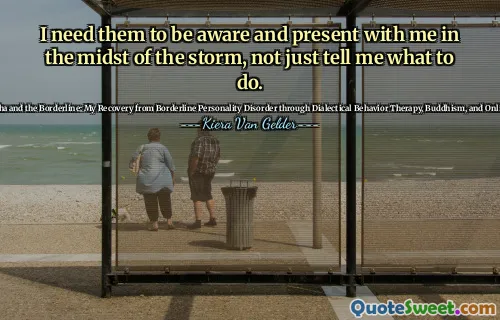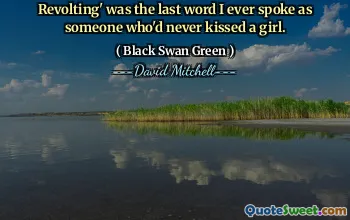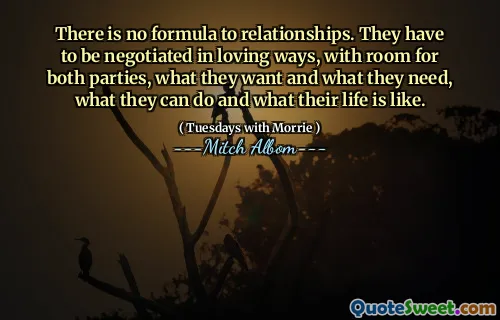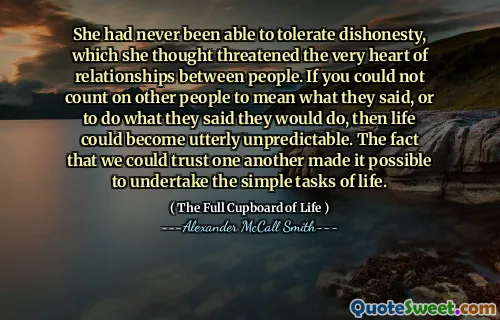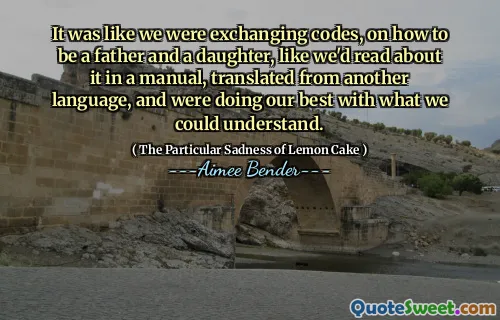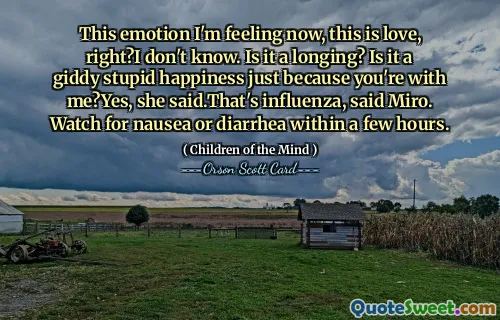
I need them to be aware and present with me in the midst of the storm, not just tell me what to do.
This quote emphasizes the profound importance of genuine presence and empathetic awareness in our relationships, especially during challenging times. Often, when someone is struggling or facing emotional turmoil, the tendency might be to provide solutions or advice to quickly fix the problem. However, what truly fosters connection and healing is the simple act of being present with someone — acknowledging their feelings, frustrations, and fears without immediately rushing to offer solutions. This approach requires active listening, empathy, and patience, allowing the person to feel seen and understood rather than dismissed or hurried through their distress.
In the context of personal growth and recovery, such as in the journey described in '(The Buddha and the Borderline: My Recovery from Borderline Personality Disorder through Dialectical Behavior Therapy, Buddhism, and Online Dating)' by Kiera Van Gelder, the theme of mindfulness and compassionate presence is central. It suggests that healing does not solely come from external advice but from authentic human connection, where a person's emotions are validated and navigated with care.
This perspective shifts the focus from fixing to understanding, fostering a deeper sense of trust and safety. It recognizes that often, the most meaningful support we can offer someone is to simply be with them in their vulnerable moments, resisting the urge to control or direct their experience prematurely. Such presence can serve as a balm, helping individuals feel acknowledged and supported as they confront their inner storms. Ultimately, the quote reminds us that true connection requires more than words; it demands presence, patience, and compassion.
By practicing this kind of awareness, we cultivate empathy and deepen our relationships, making them more resilient and rooted in genuine understanding.
